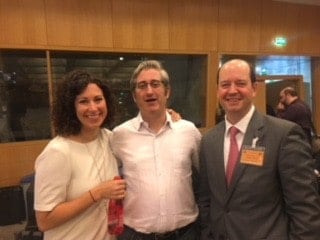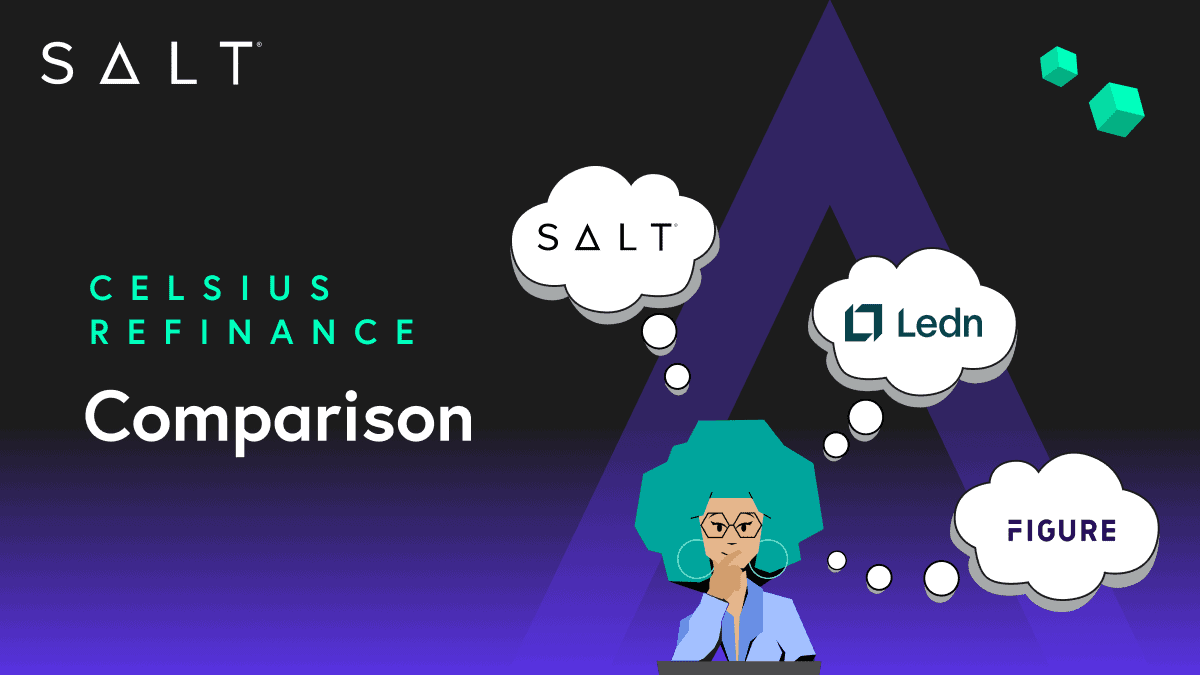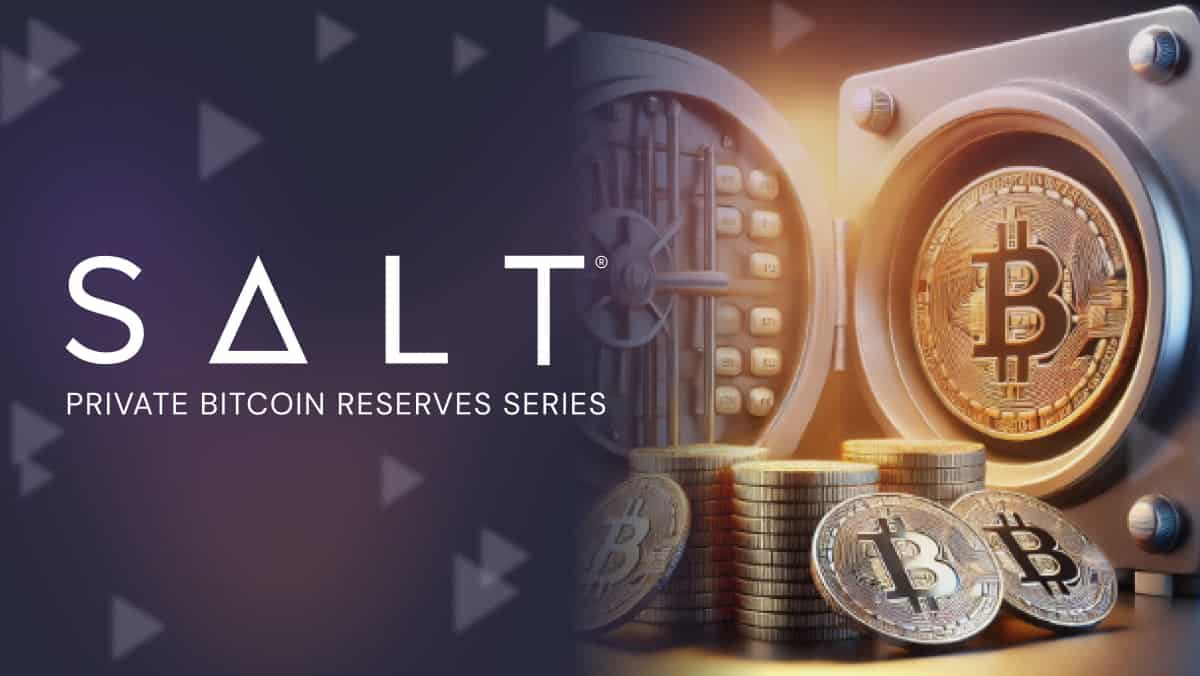- Broad-based solutions and guiding principles: there are many broad-based solutions and programs that have been put forward by various entities, any one of which are valid and would be really helpful for creating greater alignment among industry leaders. Holding theBlockchain Policy Forum at the OECD has helped drive these ideas forward. It’s allowed a broad group of international industry participants and regulators to review and discuss proposed solutions and guiding principles.
- Principles-based policy discussions: the event fostered discussions and achieved consensus that in order to continue ascending with blockchain tech, we need to hold principles-based policy discussions rather than regulation-based policy discussions. This makes it far easier to identify, agree upon, and discuss key issues, allowing us to address them almost immediately. For example, the majority of participants agreed money laundering and terror finance are top issues, and there’s been significant movement on these fronts in the past two days.
- Recognition of the true potential of blockchain tech: a broader set of people have come to recognize that assets of all kinds are moving onto the blockchain; that representations of nearly everything of value will exist on blockchains; and that the power of this level of recognition crosses far beyond financial services. It also impacts areas such as supply chains, immigration, and healthcare. All of these conversations interoperate, and what were not previously considered financial instruments are going to begin to behave as such.

Blockchain: The Path Forward
What began just over 10 months ago as high-level conversations around blockchain technology culminated this week with what was arguably the world’s most significant blockchain conference. Hosted by the Organization for Economic Co-operation and Development (OECD) and designed for regulators and industry participants, the OECD Blockchain Policy Forum was the most important discussion around the deployment of blockchain in dozens of industries to date. The OECD is an intergovernmental economic organization committed to democracy and developing best practices across domestic and international policy that lead to improved social, economic, and environmental health on a global scale.
As a premier sponsor for the event, SALT is proud to say that our Co-Founder and Director of Global Strategy, Benjamin Yablon, has not only served as Special Advisor to the OECD for the past year, but also that he had the opportunity to represent SALT this week as a company leading the global conversation around blockchain.
According to Ben, the forum led to three major positive outcomes, all of which illustrate the promise of blockchain and the international community’s ability to work together to fulfill that promise:







